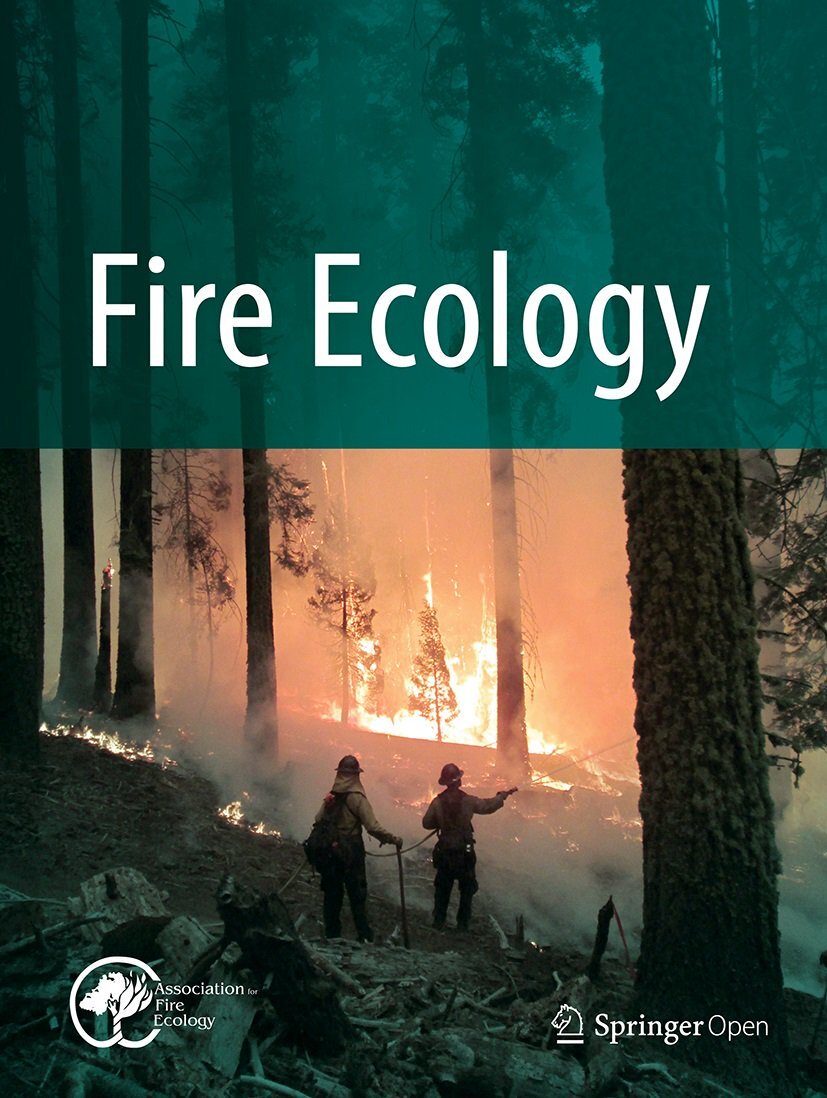Job Type: Full-time, on-site
Location: Boise, ID
Salary: $96,598-$125,582/yr
Application Due Date: 6/16/2025
Position Overview:
Incumbent serves as a Bureau-level expert in resource forecasting and allocation; evaluates fire management programs; provides policy guidance and technical support nationwide; and coordinates with other federal agencies, departmental bureaus, Tribal governments, local governments, and other non-governmental organizations, to include state fire and other natural resources agencies.
Duties:
Serves as the assistant to the national fuels program manager providing specialized technical expertise in fuels program planning and implementation.
Advises leadership and staff at the national, regional and field levels on fuels management policies and implementation procedures.
Provides support to field units by analyzing and assessing the full range of treatment options and impacts.
Works in cooperation with research and natural and cultural resource management staff to develop and refine fuels management prescription parameters to achieve management objectives.
Implements and/or recommends changes in operating procedures or programs to increase the effectiveness of operations and/or to correct practices which are in violation of established regulations or procedures.
Contributes to the development and updating of long-term strategies addressing wildfire risk through the NPS Fuels management program.
Reviews existing agency and bureau policies and regulatory procedures to evaluate and determine overall effectiveness in meeting wildland fire and aviation management mission objectives.
May serve as the national duty officer, coordinating NPS resource needs and communicating NPS wildfire status updates to NPS leadership.
Develops accomplishment reports for distribution internally, to other Bureaus, Office of Wildland Fire (DOI), and the Secretary of the Interior.
Conducts oversight and accountability review studies to evaluation for national/regional/field wildland fire and aviation programs in the bureau and interagency community.
Requirements:
Conditions of Employment
U.S. Citizenship required.
Males born after 12/31/1959 must be registered for Selective Service or exempt.
Appointment subject to background investigation and favorable adjudication of background investigation and/or fingerprint check.
Per Public Law 104-134 all Federal employees are required to have federal payments made by direct deposit to their financial institution.
Must be 18 years of age at time of close date of announcement.
This is a Drug Test Designated Position. You will be required to submit to a drug test and receive a negative drug test result prior to appointment. In addition, this position is subject to random testing for illegal drug use.
Prior primary/rigorous wildland firefighting experience is required.
Willing to live/work in remote locations (volatile/unpredictable).
You will be required to operate a government motor vehicle as part of your official duties; a valid driver's license is required.
You will be required to wear a uniform and comply with the National Park Service fire uniform standards.
You may be required to work on-call, evenings, weekends, holidays, overtime and shift work.
If you are a new employee or supervisor in the Federal government, you will be required to complete a one-year probationary period.
Incumbent will be required to complete training and obtain/maintain a government charge card with travel and/or purchase authority.
Subject to frequent extended travel up to 14 nights a month particularly during fire season, and you must obtain a government charge card for travel.
Qualifications
Candidates must possess Primary/Rigorous wildland firefighting experience, gained through fire line work in containment, control, suppression or use of wildland fire. You must clearly demonstrate this experience in your resume, including the months, days and hours per week at which the work was performed in order to be considered. AND
For the GW-12 level:
One year of specialized experience equivalent to the GS/GW-11 level, or higher in the Federal service, or equivalent; Examples of specialized experience include: Serving as a fire management officer at the field level; Serving as a field or state/regional level fuels program manager in a complex fire management program; Serving as a fire ecologist at the field or state/regional level; Developing annual work plans; Formulating and implementing budgets, advising management on controversial and complex natural resources issues and making recommendations; Developing plans which support the implementation and monitoring of fuels reduction activities; Developing plans which support the implementation of a fire management program.
Secondary Firefighter Retirement Coverage - Applicants for this secondary administrative fire fighter position under the provisions of 5 U.S.C. 8336 (c) (CSRS) and 5 U.S.C. 8412 (d), must possess knowledge of the principles, methods, and techniques of wildland firefighting as demonstrated by direct wildland firefighting experience. In order to receive credit, you must provide a written description of your experience in wildland firefighting. Education without hands-on wildland firefighting experience does not meet this requirement. Periods of wildland firefighting experience, gained through militia and rural fire departments, can also be credited. Wildland fire is defined as any non-structure fire that occurs in the wildland. Two distinct types of wildland fire have been defined and include wildfire and prescribed fires as follows: Wildfire: Unplanned ignitions or prescribed fires that are declared wildfires. Prescribed Fires: Planned ignitions. This description includes only fireline experience on a Prescribed Fire; it does not include experience in the planning stages. Prescribed fire experience must be supplemented by fire suppression experience in order to be creditable as previous wildland firefighting experience.
Experience refers to paid and unpaid experience, including volunteer work done through National Service programs (e.g., Peace Corps, AmeriCorps) and other organizations (e.g., professional; philanthropic; religious; spiritual; community, student, social). Volunteer work helps build critical competencies, knowledge, and skills and can provide valuable training and experience that translates directly to paid employment.
See the “Apply” or “Learn More” links below for more information.

